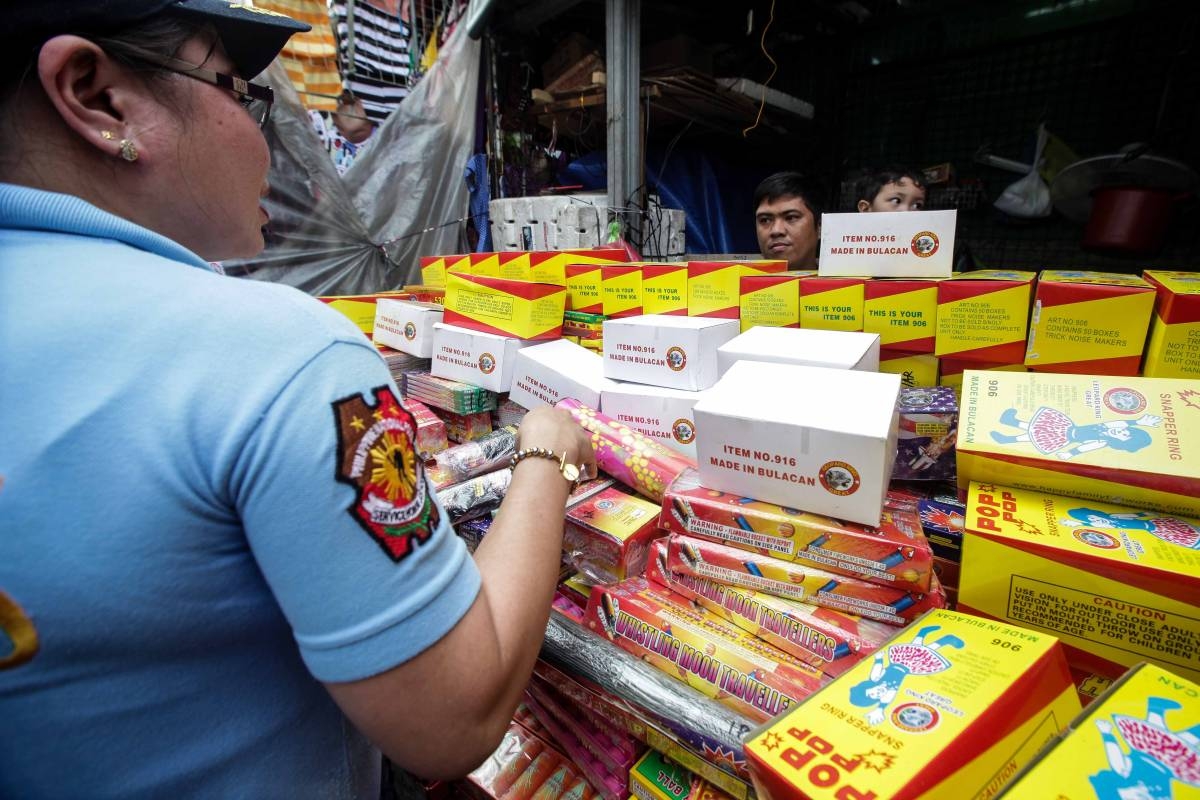The Department of Health (DoH) issued a stern warning on Thursday regarding the use of watusi fireworks, following the alarming case of a four-year-old boy who ingested these hazardous explosives. This incident serves as a reminder of the potential dangers associated with fireworks, especially when proper precautions are not taken.
Watusi fireworks, commonly known for their small size and colorful appearance, may seem harmless at first glance. However, the DoH emphasizes that these seemingly innocent fireworks contain a deadly combination of yellow phosphorus, potassium chlorate, potassium nitrate, and trinitrotoluene (TNT). These substances can have severe health implications if ingested or inhaled.
In the event of an emergency involving watusi ingestion, the DoH advises immediate medical attention. It is crucial to transport the patient to a hospital as soon as possible. Inducing vomiting is not recommended, as it may further aggravate the situation. Instead, the department suggests a specific first aid approach: children should be given 6-8 raw egg whites, while adults may require 8-12 raw eggs. This remedy aims to counteract the harmful effects of the swallowed fireworks.
Similarly, if watusi fireworks are accidentally inhaled, it is vital to ensure the patient breathes fresh air. Moving the individual to an area with clean air can help alleviate potential respiratory distress. Prompt action is essential in both cases to minimize the risks associated with watusi ingestion or inhalation.
The recent incident involving the four-year-old boy is not an isolated case. According to the Department of Health, there have been a total of 88 fireworks-related injuries reported so far. This alarming number highlights the importance of raising awareness about the potential dangers of fireworks, especially during festive seasons when their usage is prevalent.
While the risks associated with fireworks are universal, it is essential to contextualize this information for an international audience. Laws and regulations regarding fireworks usage may vary from country to country. Therefore, it is crucial to familiarize oneself with the local laws, customs, and safety guidelines before engaging in any fireworks-related activities.
In many countries, fireworks are tightly regulated, and their usage is restricted to licensed professionals or designated areas. Ignoring these regulations can lead to severe consequences, not only for the individuals involved but also for the surrounding community. Fireworks accidents can cause serious injuries, property damage, and even fatalities.
To ensure a safe and enjoyable celebration, it is advisable to attend organized fireworks displays conducted by professionals. These displays adhere to strict safety protocols and provide a controlled environment for spectators. By doing so, individuals can avoid the potential risks associated with handling fireworks themselves.
In conclusion, the Department of Health’s warning regarding the use of watusi fireworks serves as a reminder of the potential dangers associated with these explosives. It is crucial to prioritize safety and exercise caution when handling fireworks. By following safety guidelines, seeking immediate medical attention in case of emergencies, and adhering to local laws and regulations, we can ensure a joyful celebration without compromising the well-being of ourselves and those around us.







